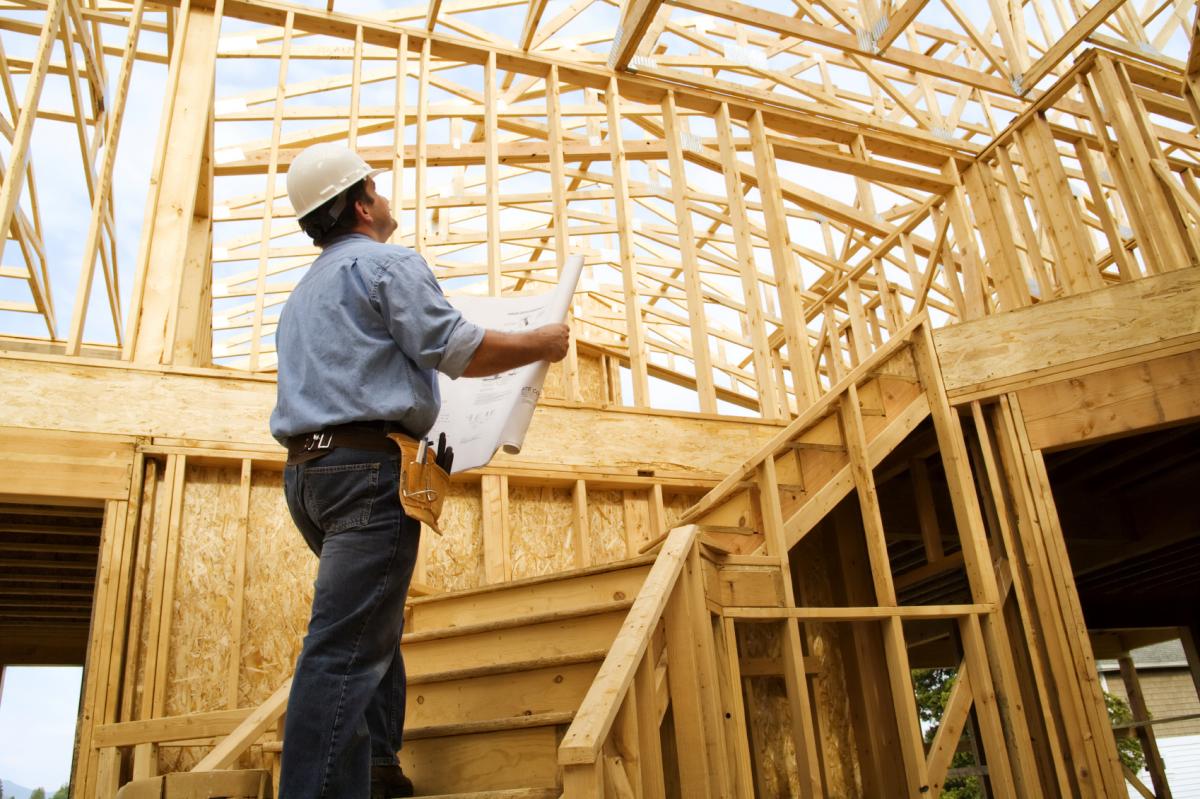3 Important Questions to Ask Any Construction Contractor
 Anytime you undertake a construction project, it can be exciting and fun, as well as extremely stressful and scary. You are looking forward to end result of your project, but the challenges of the journey can be a real nightmare.
Anytime you undertake a construction project, it can be exciting and fun, as well as extremely stressful and scary. You are looking forward to end result of your project, but the challenges of the journey can be a real nightmare.
Understanding how to look for a contractor that you are going to be comfortable with will save you time, money and a whole lot of frustration. You need get multiple bids from several different companies, and you need to find not only a company that meets your budget, but also that you are comfortable with and have confidence can bring your project to completion on time, and in budget.
How, then, do you find such a contract? It is not complex task, but can be a little bit work. Here are three key questions you want to ask any contractor before you sign an agreement:
Question 1: Will you provide a list of references for similar projects?
Why does FEMA.gov recommend taking this step when selecting a contractor? The answer is simple: not all contractors are the same, and not all are experienced with the same kind of work. This is true, not only for the actual type of construction you are doing, but also with regard to the permitting process where your project will be completed. It is important to ensure the contractor you choose is experienced working in your area.
There are several questions you should be asking references when selecting your contract. Fortunately, you do not have to try to figure out these questions on your own. Rather, AngiesList.com has a handy list of questions you should ask:
- What kind of work did the contractor provide for you?
- Did you have a clear idea of what the contract was going to do?
- Did they show up on time?
- Did you check the contractor’s credentials?
- What was it like working with the contractor and their crew or subcontractors?
- Was the communication with the contractor adequate?
- Was your project completed within budget?
- Did you get the results you expected?
- Would you hire this contractor again?
Question 2: Will you provide proof of your licenses to perform this work?
While checking licenses seems like something you do not need to do, you cannot pass up this step. All licenses, such as contractor licenses, are searchable in your state so you can see the status of the license. However, keep in mind that not all states have this requirement.
Why is it important to check contractor’s licenses? According to NARI.org, you want to verify that the contractor operates in compliance with the law. This is an important safety measure, not to mention it will save time and money in the end. In some municipalities, there are local ordinances that require certain work to be completed by a licensed contractor. Failure to comply with this can lead to fines and legal action.
Question 3: Will you provide proof of general liability, worker’s compensation insurance, and contractor’s bond?
According to both FEMA and NARI, this is an important question to pose. If a contractor is not insured, and someone gets hurt on the job site, either a subcontractor, employee, or perhaps a passerby, then the resulting legal action could draw you in, rather than staying limited to the contractor.
“When you do check the insurance, be sure to actually call the insurance company and validate the insurance is still active,” Tectonic Management Group, Inc. Even if the certificate has an expiration date that shows it is still valid, it does not indicate if the policy has been cancelled by either party.
In addition to general liability insurance, you also want to verify the contractor has worker’s compensation insurance, if they have employees on your work site, as well as that they are bonded. The worker’s compensation insurance specifically protects the contractor against any injuries their employees may suffer while on your job site. Without this insurance, the contractor or employee could bring a legal action against you to cover medical costs and lost wages.
The contractor’s bond is in place to protect you. We have all heard stories about contractors who started a job, but never finished the project, but received payment beyond the work completed. The contractor’s bond protects you against this, as well as against any financial obligations the contractor fails to fulfill, such as paying for supplies, paying subcontractors, or paying for permits.
It is important to do a little background work when working with a contractor, but doing so will save you from frustration and balloon costs down the road.

















